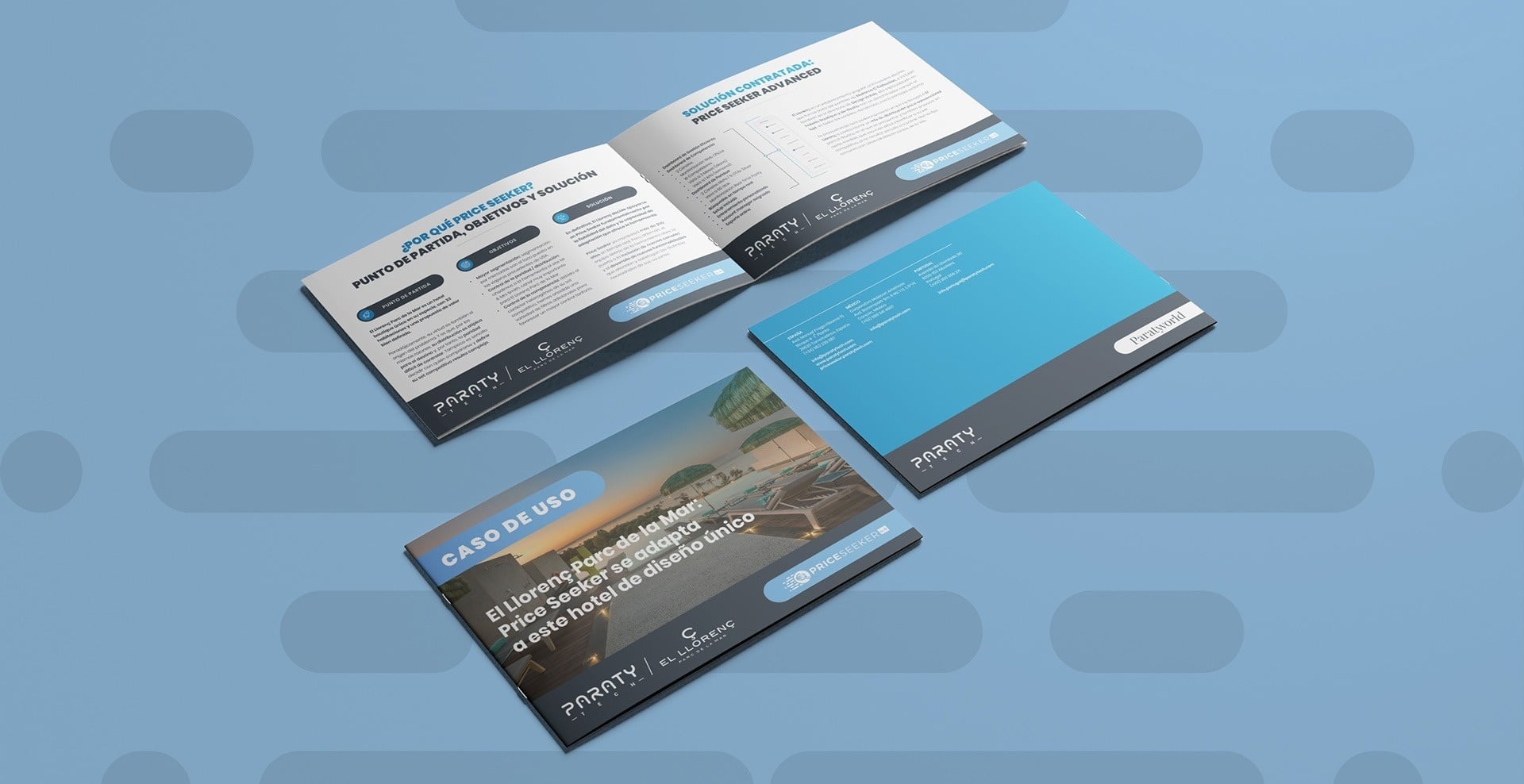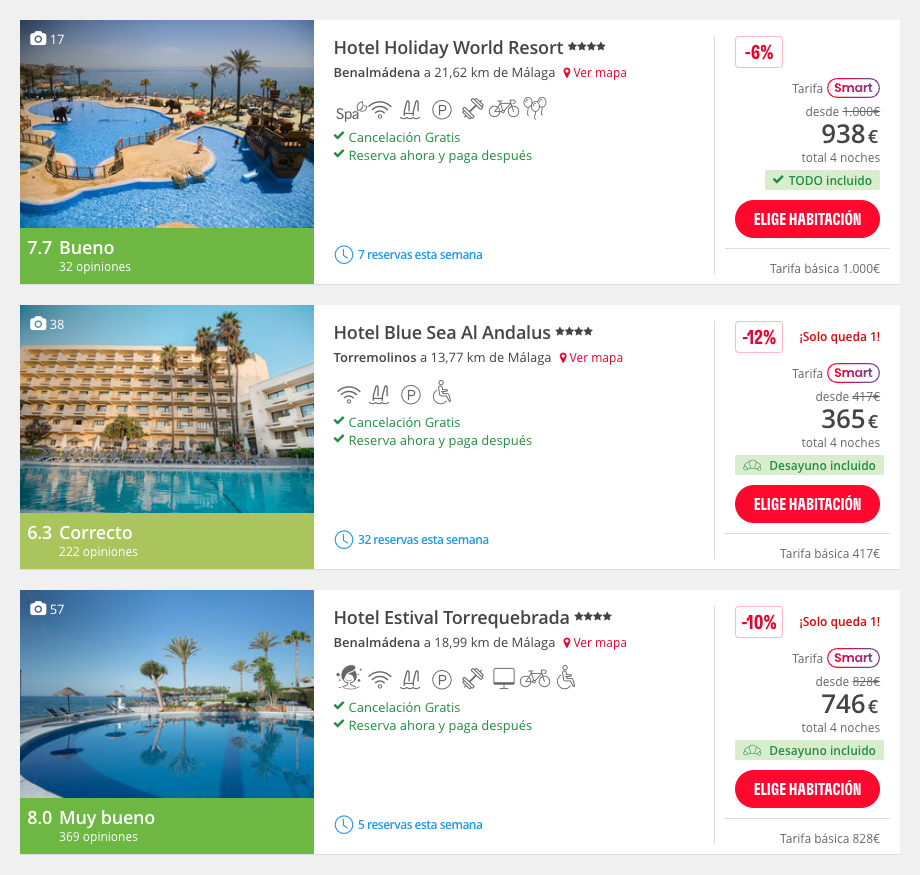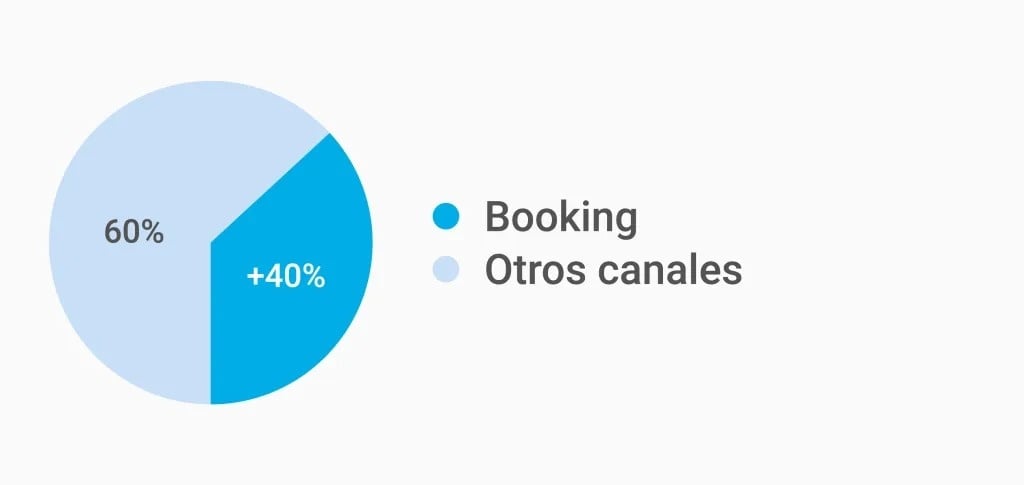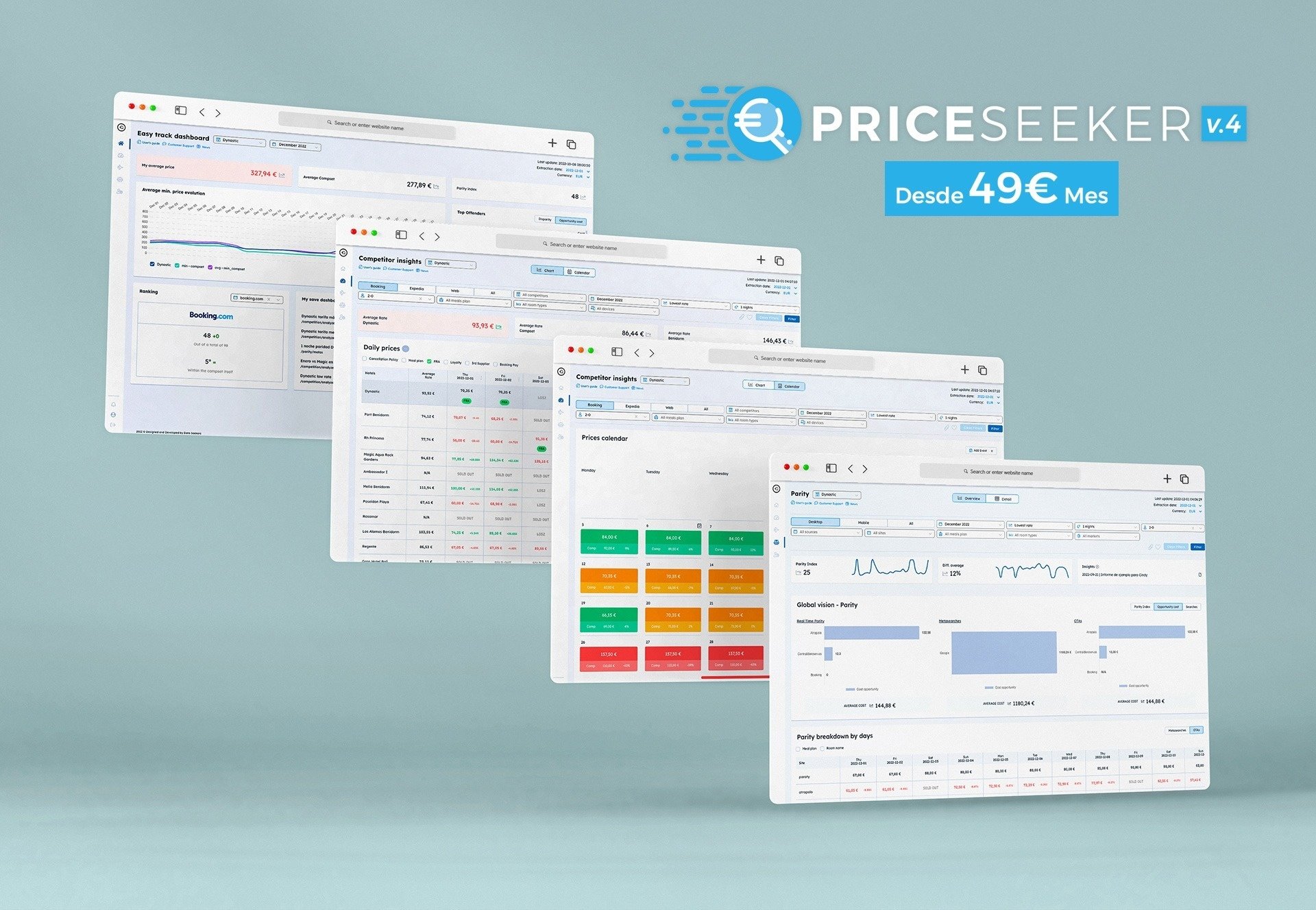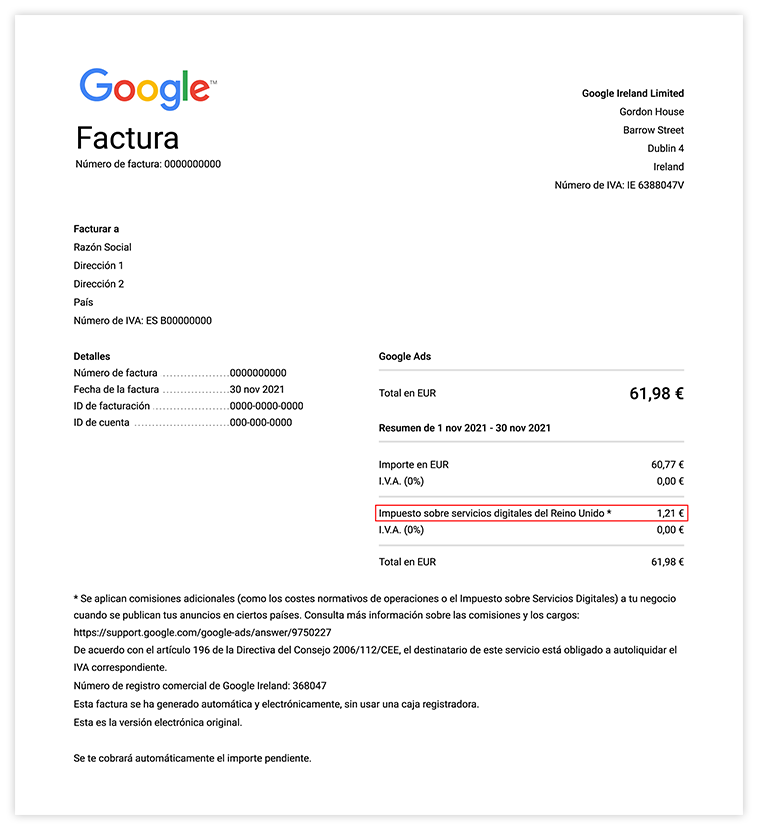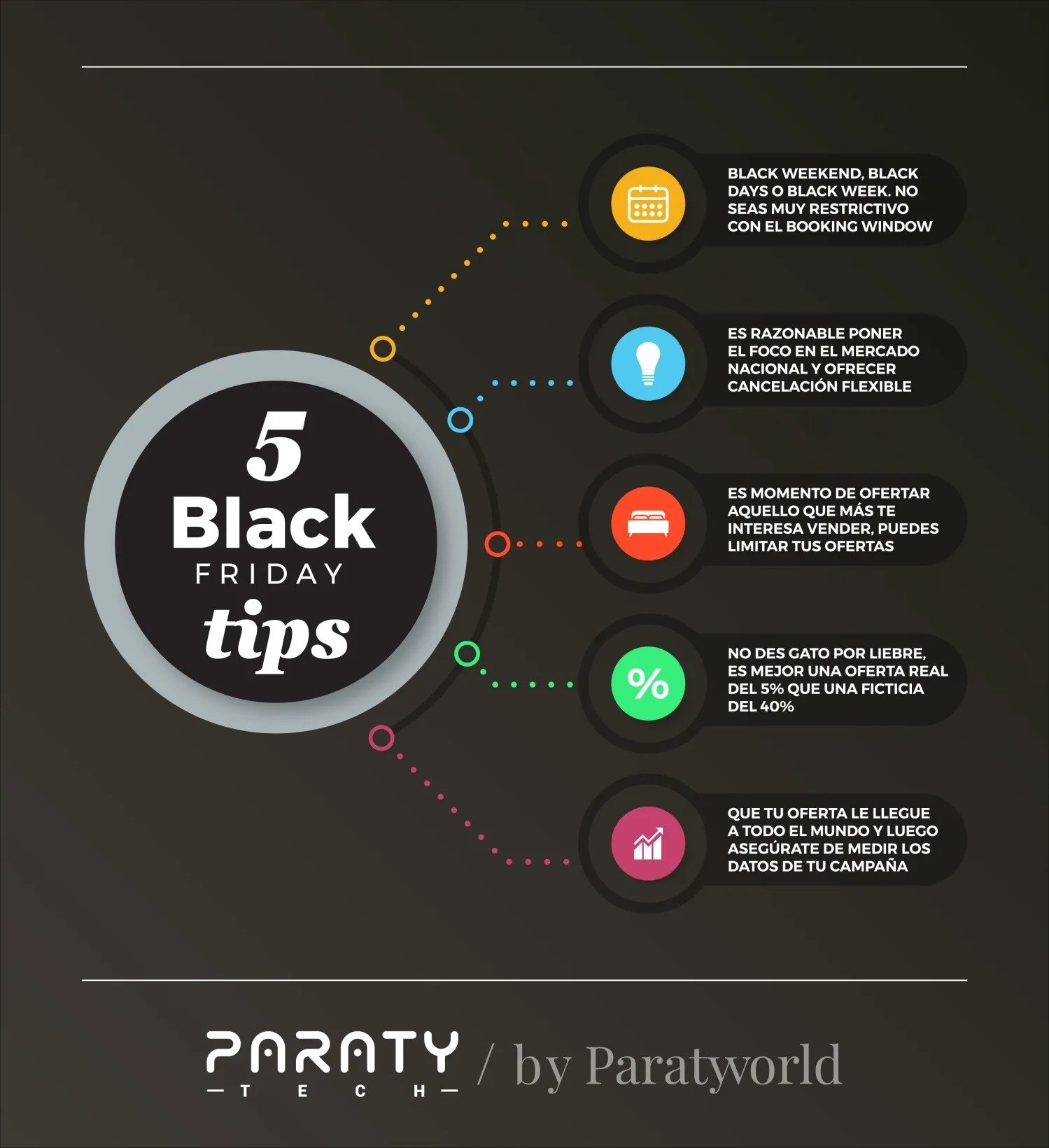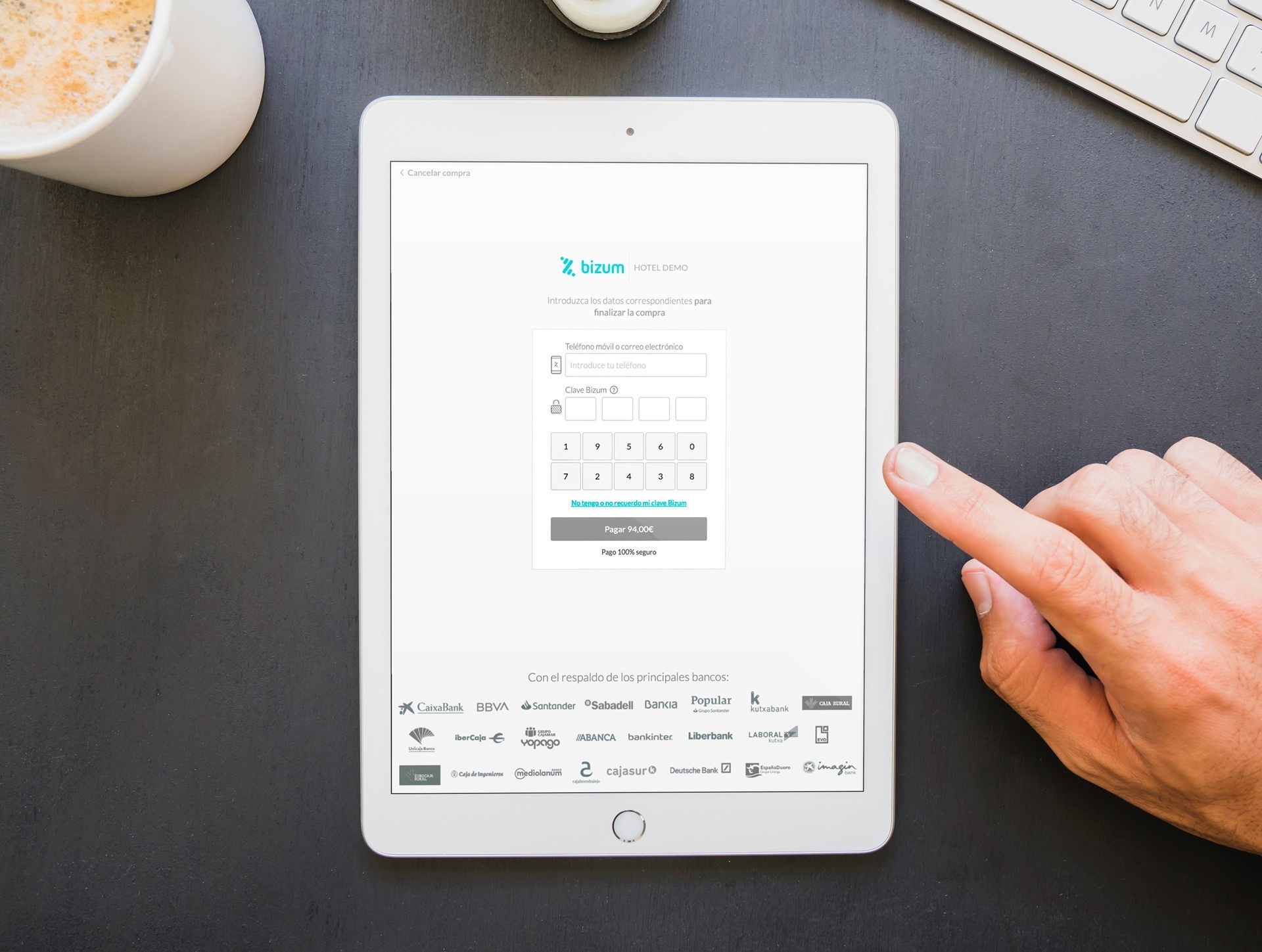Smart hotel e-commerce: non-availability equal to zero
Revenue 23/09/2021According to its generic definition, E-commerce refers to nothing other than marketing and selling products or services over the Internet. If we accept this definition, typical hotel marketing would undoubtedly fall within this activity.
However, every online store specialist encounters a very different reality when entering the tourism sector. The first impact they experience, the initial challenge they face, is understanding the significant difference between selling a physical product and shipping it to an address, and selling vacations, getaways, business trips... in essence, selling an experience.
Nevertheless, there is at least one fundamental common point: if I don't have the product, whether it's not in stock, I don't have the requested size, or simply because it's discontinued, it's impossible to sell. Translated to the hotel language, without availability, there are no reservations. A hotel simply cannot afford not to offer availability, no matter what the potential guest is searching for.
Fortunately, all hope is not lost. Unlike other sectors, the hotel industry has the technology to respond instantly to certain requests. We have the capacity to devise solutions that provide valid alternatives in real-time, at the moment of sale. At Paraty Tech, we dedicate a lot of resources to this issue, investing valuable time in analyzing the product so that the concept of "No Availability equals zero" stops being a utopia. This is precisely where our booking engine offers a differential value, ensuring that our clients deliver results to their customers in the maximum number of searches possible. The formula is simple: greater availability leads to a higher conversion rate and more completed reservations.
Who hasn't heard this at least once...
We don't have the "L" size, would you like to try a larger one? Room redirection
When a guest searches for a double room and there's no availability, we can offer them a triple or a family room instead, or a double if they were looking for a single and those are not available either. Fortunately, a room isn't a T-shirt, and the "XL" can fit well, even if they initially asked for an "L". As long as we can offer an occupancy equal to or greater than what was requested, we create a sales opportunity.
We don't have packs of 3, but we can offer you one of 5: minimum stay redirection During certain seasons of the year, hotels might be interested in establishing a minimum stay requirement. This ensures bookings of higher value and prevents certain rooms from not being profitable due to unoccupied days. However, the analysis of searches conducted by potential guests might reveal an interest in stays shorter than the established minimum. In this situation, we can choose to offer availability for the requested stay, while maintaining the price of the configured minimum stay. For example, if we've set a minimum stay of 7 nights, for a hypothetical search of 6 nights, our engine could return availability while keeping the price for 7 nights.
We don't have large suitcases, would 2 small ones work for you? Occupancy redirection
It's true that the 2+0 occupancy (2 adults) is the most common and comes preselected by default in most booking engines. However, that doesn't mean it's the only important search. Often, after analyzing search trends, we identify requests for 3, 4, and even 5 adults. The fact that the hotel doesn't have rooms for that number of people or that they are not vacant doesn't mean we have to say no. With our engine, we can offer availability by simply redirecting occupancies. A classic example would be to return a price and availability for two double rooms for a search of 4 adults.
Yes, it's unisex and one size fits all: maximum occupancy redirection
For family rooms or apartments that the establishment owner wants to sell at a consistent price, regardless of the number of people staying, our engine allows the configuration of a maximum occupancy. This way, the engine always returns availability and the same price for all possible combinations of occupancies below the established maximum.
We don't have it here, but I can check in another one of our stores: establishment redirection
Some of our clients have more than one establishment in the same city or in different locations. While guests usually have a clear preference for where they want to stay, they might sometimes consider other options. Therefore, in both cases, it's very interesting to know that whenever the requested hotel is unavailable, our booking engine will offer other hotels of the same ownership as an alternative for the same date and requested occupancy.
Conclusion
Not offering availability on our official website when there are actually available rooms is a serious mistake, as they will end up being sold through more expensive channels or, worse yet, they will remain vacant. At Paraty Tech, we are acutely aware of this reality, and our Business Intelligence is a good reflection of this concern.
Its interface is divided into two clearly differentiated modules: sales and availability. The latter is exclusively dedicated to the detailed analysis of the searches performed by users or future guests: rooms, rates, occupancies, stays, restrictions, etc. If at any moment the engine doesn't offer availability, it's very easy to detect the cause, identify trends, and rectify possible issues for the future.
Moreover, our alert systems are equipped with a range of notification services that attempt to prevent unavailability, such as automatic emails that inform when availability is running out, when rates are not loaded, after long periods of inactivity on the website, etc.
Just like our booking engine, at Paraty Tech, we always have availability to address your queries. We'll be delighted to provide more information, so feel free to contact us.












